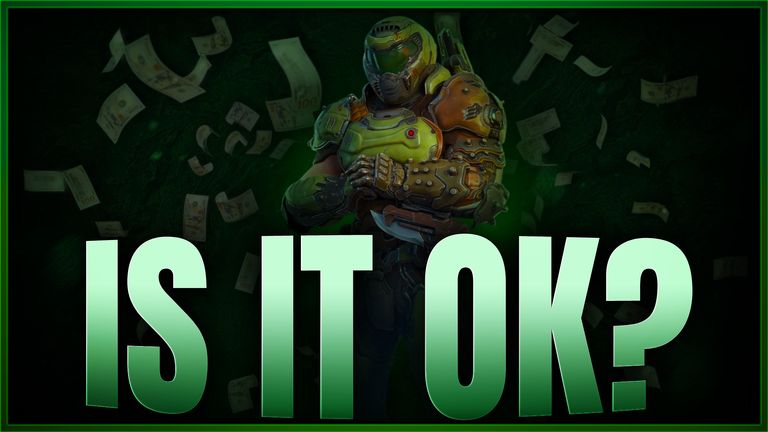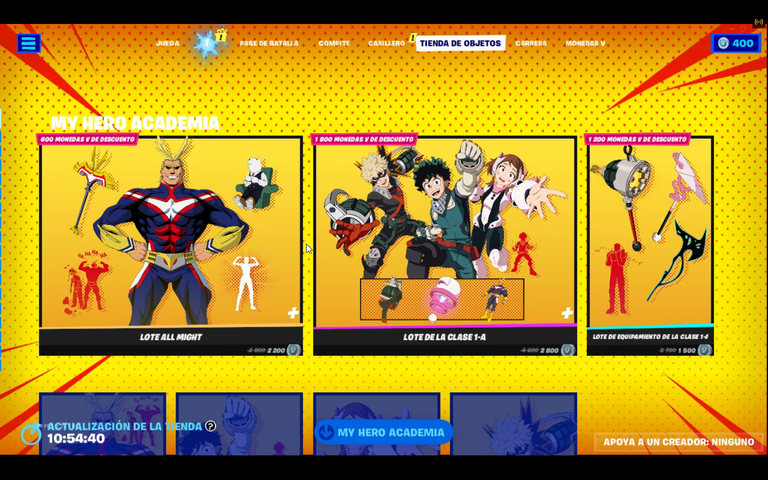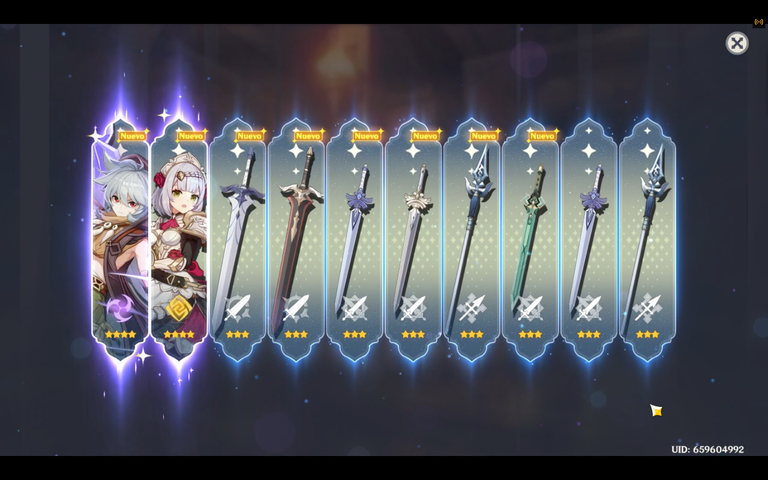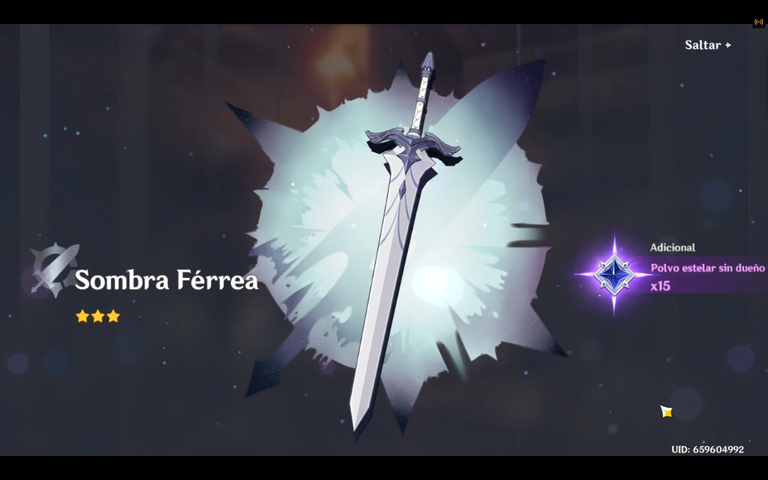Good Day, Hive friends, DigitalDicast greets you in a new post for Hive Gaming!
Have you ever wondered if spending money on video games is right or wrong? The answer to this question is not as simple as it seems. While video games can be a fun and exciting way to pass the time, they can also be an expensive way to do it...
In this post, we'll look at the pros and cons of spending money on video games so you can make an informed decision about whether it's the kind of behavior you want to engage in. So, without further ado, let's get started with the post!


What Does It Mean To Spend Money On Video Games And On What Things Is It Spended On?

Spending money on video games means buying additional content for a game. Whether it be things like cosmetic items, character upgrades, coins, etc.


Most games also allow players to spend money to purchase levels or shortcuts to certain sections of the game. All this that I have explained is known as "in-game monetization" and it is something that is becoming more and more common among game developers.

Ok, so far so good, but does this have its advantages?

Advantages of Spending Money on Video Games

Yes, it has its advantages. For example, it can help you progress faster in a game. Because if you buy a special item or a level, you can save time, since you won't have to play to unlock it.

It can also help you upgrade your character or team to make it more competitive. This can be particularly useful in online multiplayer games, where players compete against each other.
Also, spending money on video games can be a fun way to show your support for game developers (mostly indie developers). If you enjoy a particular game, purchasing additional content is a great way to show the developer that you like their work and hope they continue to make quality games.

However, not everything is pretty, since it also brings its disadvantages.

The Cons of Spending Money on Video Games

While spending money on video games can have some advantages, there are also some cons. Because most AAA games cost money to buy, and spending more money on a game can make it hard to resist the temptation to spend too much (Example, spending money on a battle pass for a game, which you already bought and should have all of its content available to you). This can lead gamers to spend money on video games they can't afford, which is not good for their wallet.

In addition, spending money on video games can also create inequality among players. If some players have better characters or equipment because they have spent money on them, then players who have not spent money will not have a fair experience. This can lead to players feeling frustrated and discouraged, which can detract from the fun of the game. (In other words, the game automatically becomes a P2W game.)


The Impact of Monetized Video Games

Monetized video games can also have an impact on how gamers experience games. Because if players feel that the game is designed to force them to spend money to progress, then they may lose interest in the game.

This can be particularly true for online multiplayer games, where players must compete against each other. If players feel that the game is lopsided in favor of spending players, then they can stop playing.
Also, monetized video games can affect the way players view the game. If players see that the game is designed to maximize revenue above all else, then they may lose respect for the game. This can lead to players not taking the game seriously, which can affect the fun and quality of the game.

And with this in mind it goes to the next topic, which is:

Micro-predatory Transactions in Video Games

One of the most concerning issues with monetized video games is the use of predatory microtransactions. Those transactions where players are tricked into spending money on additional content. This can include things like deceptive offers, seemingly free offers that cost money, etc. These transactions can be particularly dangerous, since you cannot fully know what they are buying.

Therefore, it is important that game developers are responsible when designing their monetization models. Game developers should try to provide a fun and exciting experience for players without abusing their microtransactions. Plus they need to be transparent about their monetization models so players know exactly what they're buying.

Because if not, it can be questioned if video games are actually becoming something very dangerous, that's right, video games of chance.

Are Video Games Becoming Gambling?

Another issue related to monetized video games is the issue of whether video games are turning into gambling. Because some video games allow players to purchase 'prize packs' that contain random content.

This can be particularly problematic if players purchase these packs thinking they contain useful content, only to find out that this is not the case. This can lead to players becoming frustrated and discouraged, which can be detrimental to the fun of the game.
With all this information in mind, you can come up with a question that can be useful for both gamers and game developers, which is, How could video games be monetized without ruining the player experience?

How To Monetize Video Games Without Ruining The Player Experience?

There are many ways to monetize a video game without having to resort to practices that are not against the consumer, one of them is, for example, the method that Fortnite uses to monetize, which is to sell the game as an experience in which you can play with many characters (Several of them collaborations) and that do not influence the gameplay in such a way that using such a character has an advantage or something similar. That is, to sell purely cosmetic objects that do not influence the playable experience.

Although it could be seen that it is something that only Fortnite would do, not really, because if the game is good enough (in such a way that it is not necessary to add dlc's, or season pass with in-game improvements, etc.) then this business model could be considered.
Another more viable option would be what Brawl Stars did with its recent update, in which it removed all traces of luck in the game that have to do with spending money.

This is due to a recent law given by the Ministry of Consumption of the Government of Spain in which the use of lootboxes in video games is prohibited to reduce gambling, so yes, games like Free Fire, Clash Royale and FIFA may not have public in Spain if they do not update their monetization method.


Conclusion

In conclusion, spending money on video games can be a fun and exciting experience, but it can also be an expensive way to spend time. Therefore, it is important for gamers to be responsible when spending their money and for game developers to be responsible when designing their monetization models.

Game developers should try to provide a fun and exciting experience for players without abusing their microtransactions. If game developers and gamers are responsible when spending money on video games, then video games can be a fun and safe way to spend time.

So yes, spending money on video games can be a controversial topic for some people, but if you really love video games, they're not taking valuable time out of your life and they're not eating into your wallet, spending money on something you're passionate about is fine, as long as you don't abuse it.
And you, do you think it's ok to spend money on video games? Have you ever done it to get an item, skin or something you liked? How was your experience? I read you and, without more to say, see you in the next post and happy new year to all of you!
- Banners, dividers and subtitles made in canva by me
- Translated from DeepL
- Original and unpublished article first published in Hive
- Avatar (DigitalDicast) created on Picrew page, page to create OC (original characters) my avatar was created in Russa's avatar creator
VERSIÓN EN ESPAÑOL
¡Muy buenas, amigos de Hive! ¡Les saluda DigitalDicast en un nuevo post para Hive Gaming!
¿Alguna vez te has preguntado si gastar dinero en videojuegos está bien o mal? La respuesta a esta pregunta no es tan sencilla como parece. Si bien los videojuegos pueden ser una forma divertida y emocionante de pasar el tiempo, también pueden ser una forma costosa de hacerlo…
En esta post, analizaremos los pros y los contras de gastar dinero en videojuegos para que así puedas tomar una decisión informada sobre si es el tipo de comportamiento que quieres tener. Así que, sin más que decir, ¡empecemos con el post!


¿Qué Significa Gastar Dinero en Videojuegos Y en Que Cosas Se Gasta?

Gastar dinero en videojuegos significa comprar contenido adicional para un juego. Ya sean cosas como artículos estéticos, mejoras de personajes, monedas, etc.


La mayoría de los juegos también permiten a los jugadores gastar dinero para comprar niveles o accesos directos a ciertas secciones del juego. Todo esto que he explicado se conoce como "monetización in-game" y es algo que cada vez es más común entre los desarrolladores de juegos.

Ok, hasta aquí todo bien, pero, ¿esto tiene sus ventajas?

Ventajas de Gastar Dinero en Videojuegos

Sí, tiene sus ventajas. Por ejemplo, puede ayudarte a progresar más rápido en un juego. Ya que si compras un objeto especial o un nivel, puedes ahorrar tiempo, pues no tendrás que jugar para desbloquearlo.

También puede ayudarte a mejorar tu personaje o equipo para que sea más competitivo. Esto puede ser particularmente útil en los juegos multijugador en línea, donde los jugadores compiten entre sí.
Además, gastar dinero en videojuegos puede ser una forma divertida de mostrar tu apoyo a los desarrolladores de juegos (más que todo a las desarrolladoras indie). Si disfrutas de un juego en particular, comprar contenido adicional es una excelente forma de mostrarle al desarrollador que te gusta su trabajo y que esperas que sigan haciendo juegos de calidad.

Sin embargo, no todo es bonito, ya que también trae sus desventajas.

Los Contras de Gastar Dinero en Videojuegos

Aunque gastar dinero en videojuegos puede tener algunas ventajas, también hay algunos contras. Debido a que la mayoría de los juegos AAA cuestan dinero para comprar, y gastar más dinero en un juego puede hacer que sea difícil resistir la tentación de gastar demasiado (Ejemplo, gastar dinero en un pase de batalla de un juego, el cual ya compraste y debería tener todo su contenido disponible para ti). Esto puede llevar a los jugadores a gastar dinero en videojuegos que no pueden permitirse, lo cual no es bueno para su billetera.

Además, gastar dinero en videojuegos también puede crear una desigualdad entre los jugadores. Si algunos jugadores tienen mejores personajes o equipos debido a que han gastado dinero en ellos, entonces los jugadores que no han gastado dinero no tendrán una experiencia justa. Esto puede llevar a los jugadores a sentirse frustrados y desanimados, lo cual puede perjudicar la diversión del juego. (Es decir, el juego se convierte automáticamente en un P2W)


El Impacto de Los Videojuegos Monetizados

Los videojuegos monetizados también pueden tener un impacto en la forma en que los jugadores experimentan los juegos. Ya que si los jugadores sienten que el juego está diseñado para obligarlos a gastar dinero para progresar, entonces pueden perder el interés en el juego.

Esto puede ser particularmente cierto para los juegos multijugador en línea, donde los jugadores deben competir entre sí. Si los jugadores sienten que el juego está desbalanceado a favor de los jugadores que gastan dinero, entonces pueden dejar de jugar.
Además, los videojuegos monetizados pueden afectar la forma en que los jugadores ven el juego. Si los jugadores ven que el juego está diseñado para maximizar los ingresos por encima de todo lo demás, entonces pueden perder respeto por el juego. Esto puede llevar a los jugadores a no tomar el juego en serio, lo que puede afectar la diversión y la calidad del juego.

Y con esto en mente se va al siguiente tema, el cual es:

Las Transacciones Micro-predadoras en Videojuegos

Uno de los problemas más preocupantes con los videojuegos monetizados es el uso de microtransacciones predadoras. Esas transacciones en las que los jugadores son engañados para gastar dinero en contenido adicional. Esto puede incluir cosas como ofertas engañosas, ofertas aparentemente gratuitas que cuestan dinero, etc. Estas transacciones pueden ser particularmente peligrosas, ya que no puedes saber completamente lo que están comprando.

Por lo tanto, es importante que los desarrolladores de juegos sean responsables al diseñar sus modelos de monetización. Los desarrolladores de juegos deben intentar proporcionar una experiencia divertida y emocionante para los jugadores sin abusar de sus microtransacciones. Además de que deben ser transparentes con respecto a sus modelos de monetización para que los jugadores sepan exactamente lo que están comprando.

Ya que si no, se puede llegar a cuestionar si es que los videojuegos en realidad se están convirtiendo en algo muy peligroso, así es, videojuegos de azar.

¿Los Videojuegos Se Están Convirtiendo en Juegos de Azar?

Otro problema relacionado con los videojuegos monetizados es el tema de si los videojuegos se están convirtiendo en juegos de azar. Debido a que algunos videojuegos permiten a los jugadores comprar 'paquetes de premios' que contienen contenido aleatorio.

Esto puede ser particularmente problemático si los jugadores compran estos paquetes pensando que contienen contenido útil, solo para descubrir que no es el caso. Esto puede llevar a los jugadores a sentirse frustrados y desanimados, lo cual puede ser perjudicial para la diversión del juego.
Ya con todo esta información en mente, se puede llegar a una pregunta que puede ser útil tanto para los jugadores como para los desarrolladores de videojuegos, la cual es, ¿Cómo se podría monetizar los videojuegos sin arruinar la experiencia del jugador?

¿Cómo Monetizar Los Videojuegos Sin Arruinar la Experiencia Del Jugador?

Hay muchas maneras de poder monetizar un videojuego sin tener que recurrir a prácticas que no sean contra el consumidor, una de ellas es, por ejemplo, el método que hace fortnite para poder monetizar, el cual es vender el juego como una experiencia en el cual puedes jugar con muchos personajes (Varios de ellos colaboraciones) y que no influyan en el gameplay de manera que usar tal personaje tenga una ventaja o algo similar. Es decir, vender objetos puramente cosméticos que no influyan en la experiencia jugable.

Aunque se podría ver que es algo que solo Fortnite haría, en realidad no, ya que si el juego es bastante bueno (de tal manera que no haga falta agregar dlc’s, ni season pass con mejoras in-game, etc.) entonces se podría considerar este modelo de negocio.
Otra opción más viable sería lo que hizo Brawl Stars con su reciente actualizacion, en la cual eliminó todo rastro de suerte en el juego que tenga que ver con gastar dinero.

Esto debido a una reciente ley dada por el Ministerio de Consumo del Gobierno de España en la cual se prohíbe el uso de lootboxes en los videojuegos para disminuir la ludopatía, por lo cual sí, juegos como Free Fire, Clash Royale y FIFA podrían no tener público en España si no actualizan su método de monetización.


Conclusión

En conclusión, el gasto de dinero en videojuegos puede ser una experiencia divertida y emocionante, pero también puede ser una forma costosa de pasar el tiempo. Por lo tanto, es importante que los jugadores sean responsables al gastar su dinero y que los desarrolladores de juegos sean responsables al diseñar sus modelos de monetización.

Los desarrolladores de juegos deben intentar proporcionar una experiencia divertida y emocionante para los jugadores sin abusar de sus microtransacciones. Si los desarrolladores de juegos y los jugadores son responsables al gastar dinero en videojuegos, entonces los videojuegos pueden ser una forma divertida y segura de pasar el tiempo.

Por lo que sí, gastar dinero en videojuegos puede ser un tema bastante controversial para algunas personas, pero si de verdad te encantan los videojuegos, no te están quitando tiempo valioso de tu vida y tampoco te están comiendo la billetera, pues gastar dinero en algo que te apasiona está bien, siempre y cuando no abuses.
Y tú, ¿crees que está bien gastar dinero en los videojuegos? ¿Alguna vez lo has hecho para conseguir un item, skin o algo que te gustó? ¿Cómo fue tu experiencia? Los leo y, sin más que decir, ¡nos vemos en el siguiente post y feliz año nuevo a todos!
- Banners, dividers and subtitles made in canva by me
- Translated from DeepL
- Original and unpublished article first published in Hive
- Avatar (DigitalDicast) created on Picrew page, page to create OC (original characters) my avatar was created in Russa's avatar creator





